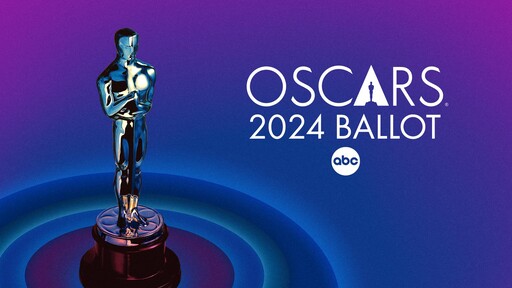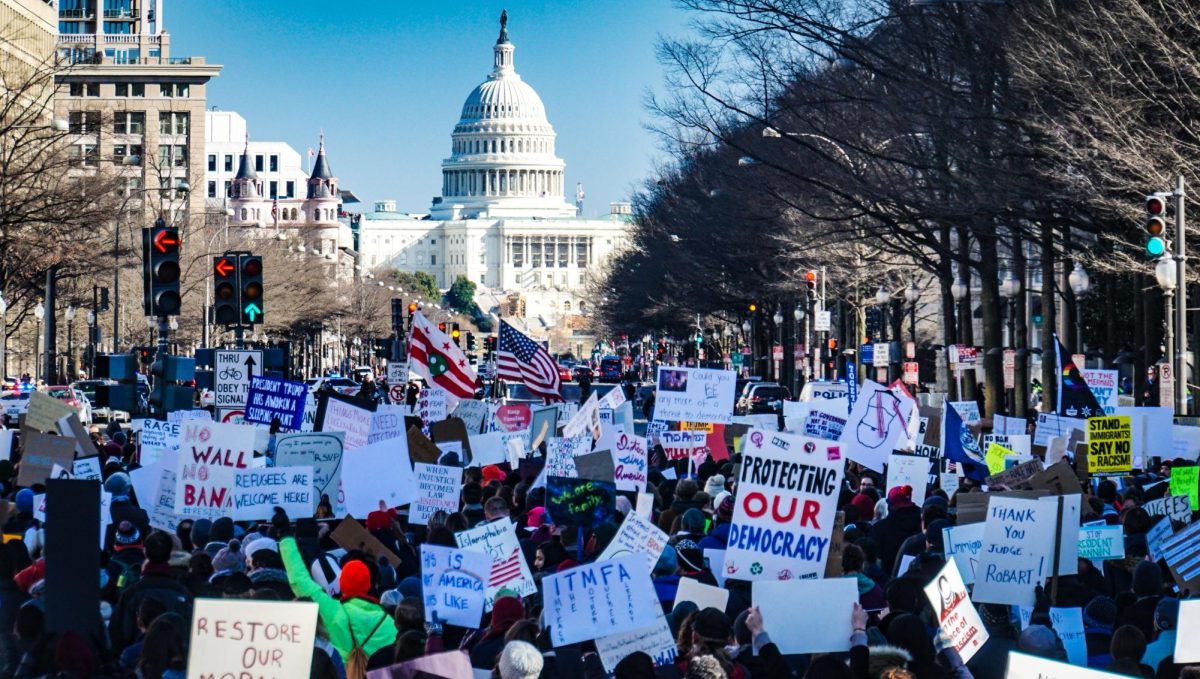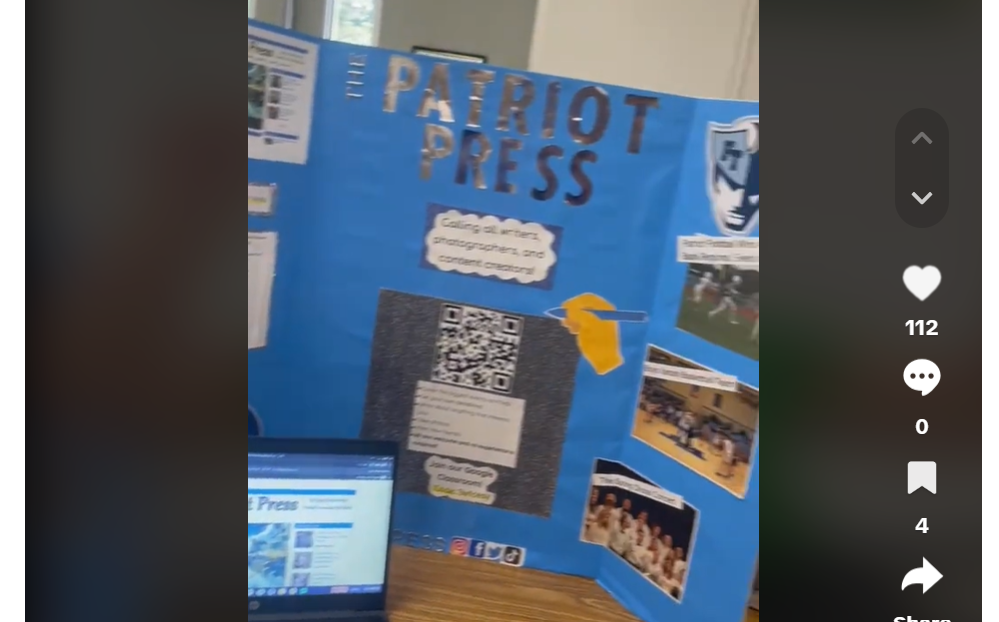Emily’s Weekly Political Scoop: The New Voting Bill Debate
May 12, 2021
We The People? More like the For The People act that is causing mass controversy in the political world. This bill will determine how voting will be carried out now and in the future, holding immense power and influencing one of our basic rights. Let’s jump right into facts, statements, and developments made this week surrounding the bill.
NPR reports that on Tuesday, the Senate Rules Committee held a controversial markup of the For The People Act, which would expand voting access and cause other reforms, in order to improve America’s voting and campaign finance rules. It has been stated after looking at party-line votes on amendments that the likelihood for a compromise with the bill is highly unlikely and unrealistic, and presents much doubt of passing in the Senate. A vote of 9-9 caused the panel to be unable to pass it out of the committee; however, procedures can be put into place in order to get it to the Senate which Democrats have expressed they carry out (Fessler).
The assault that occurred at the U.S. capitol on January 6th, due to President Donald Trump’s claims of election fraud, was the catalyst for this debate. Many Republican-led state legislatures are also pushing bills in order to tighten new voting restrictions. Minnesota Democratic Senator Amy Klobuchar has been vocal about the importance of the bill in order to protect our democracy and restore trust in the voting system; whereas Kentucky Senate Minority Leader Mitch McConnel has stated that it would alter the makeup of the Federal Election Commission, giving one party control over a bipartisan (the cooperation/ agreement of two political parties that oppose each other) panel. He went on to say that the bill is not necessary because the 2020 election hit a record number of 160 million voters. Further, Republicans have said that the bill would cause mass federal requirements on elections which are usually run by states (Fessler).
The bill would require states to allow same-day and automatic voter registration and to restrict the ridding of names from voter rolls, as well as at least 15 early voting days and the reduction of limits on main-in voting. Further, states would be required to use paper ballots so voters have time to fix mail-in ballot mistakes and to sign written statements confirming their identity if they are unable to have a required photo ID, and campaign finance laws would need to be tightened to reduce secrecy and prevent foreign influence (Fessler).
Republican have argued that the voting system would become more vulnerable to voter fraud as a result, which Democrats have rebutted by stating there is little evidence to back their claims due to already existing protective state voting laws. Another objection from Republicans is that third parties would be able to collect and deliver ballots, and they say this would lead to voters feeling pressured by party operatives to vote a certain way, but Democrats have responded that this would ensure that more people would be able to vote (Fessler).
However, it is important to note that the probability that the bill will pass is not good. Due to the fact that the Senate is divided equally at 50-50 and Democrat Joe Manchin of West Virginia has already stated his opposing viewpoint, the likelihood is low even if people attempt to convince him to vote otherwise. Plus, the bill has to get at least 60 votes in order to avoid a filibuster (an action that obstructs progress). These blockades have made Democrats propose the elimination of the legislative filibuster, but this does not have enough support yet to launch off (Fessler).
I hope you were able to learn more about the current state of voting in America, as it is crucial to see the progress and development of the system that makes one of our constitutional rights accessible. Come back next week for political updates!
Works Cited
Fessler, Pam. “’The Stakes Could Not Be Higher’: Senate Panel Debates Voting Overhaul.” NPR, NPR, 11 May 2021, www.npr.org/2021/05/11/995936252/the-stakes-could-not-be-higher-senate-debates-voting-overhaul.



















































